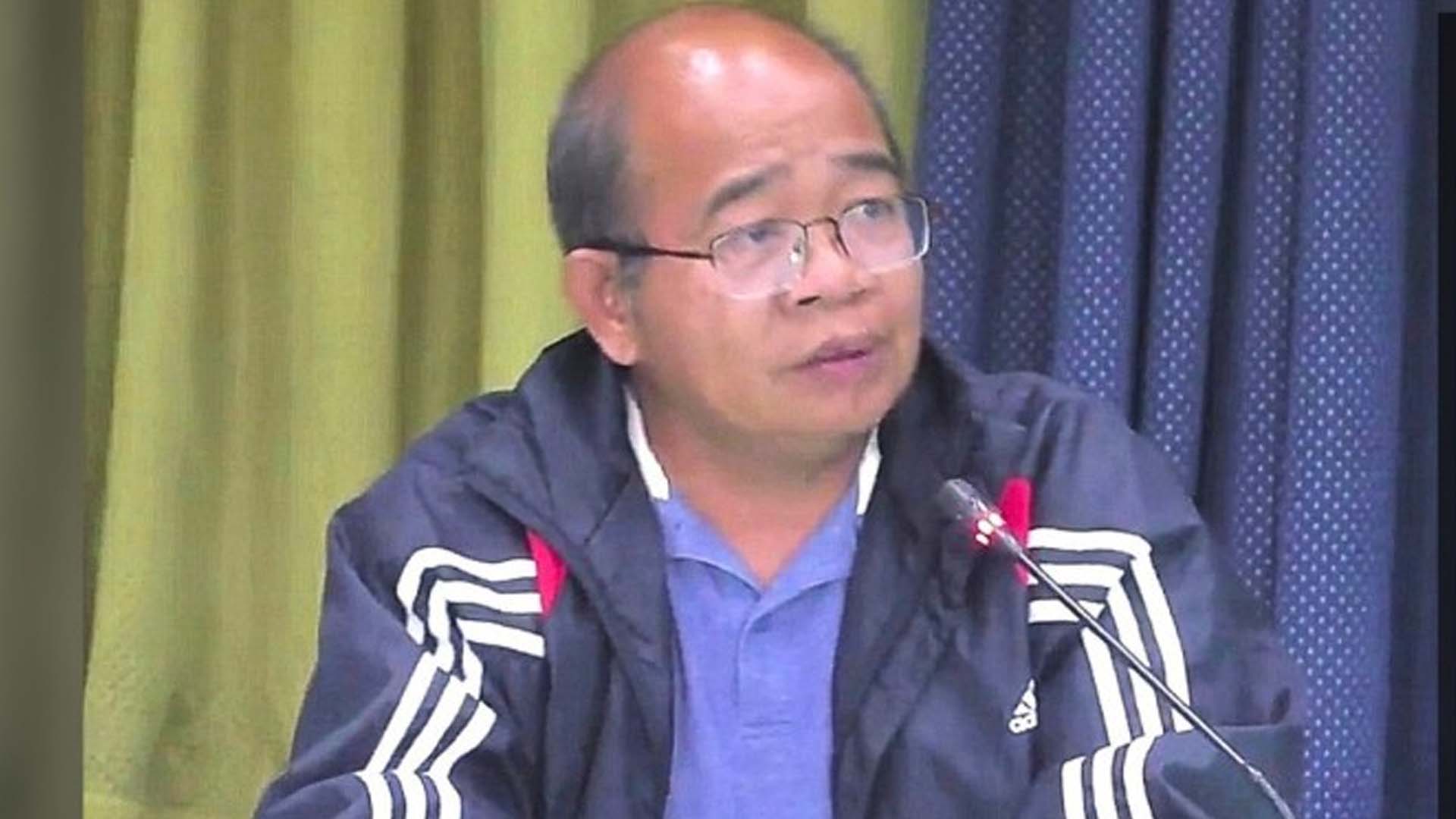Baguio City Ecumenical Council (BCEC) is teaching proper waste management among its church-members to help address the city’s garbage woes.
“I can speak for the Catholic church. We observe waste segregation in our offices and facilities. In that way, we can encourage the members to do the same. It is part of personal discipline that the church is promoting,” Ma. Joselia Pioquinto, BCEC secretary, said in a press conference here Thursday.
She said the Catholic Church has a committee that tackles environment-related issues like waste segregation, proper waste management, and forest preservation, among others.
She said other denominations also contribute to this endeavor by instilling discipline among their members.
BCEC is composed of different religious denominations in the city, aimed to foster fraternity among churches. It works closely with the Baguio City Character Council and continues to advocate for the promotion of discipline in all aspects of a person’s daily life.
Eugene Buyucan, chief of the city’s General Services Office, during the same press conference, said proper waste management, compliance with waste segregation, and cleanliness are achieved when a person is in the right frame of mind.
He disclosed that at least 80 percent of households in this city comply with Republic Act 9003, or the Ecological Solid Waste Management Act of 2000, which mandates, among others, that reduction of solid waste should start from the source.
He said the city generates an average of 550 tons of garbage per day, and about 200 to 250 tons are hauled to an engineered sanitary landfill in Region 3.
The remaining wastes, composed of biodegradable wastes from the households and the central business district (CBD) are brought to the city’s composting facility while recyclable materials are collected by waste pickers, he said.
Bulk of the city’s garbage is generated at the CBD, where restaurants are located, and from unscrupulous dumping of garbage at the parks, he said.
A city ordinance prohibits sellers from cleaning fish they sell and tasks the buyers to do the cleaning and manage the waste at their residences.
Bucuyan said authorities only noticed some changes in the practice at the residential areas during the peak tourism season or when many transients do not observe proper waste segregation, he said.
Residents have also learned how to reuse and properly dispose of electronic wastes, bringing these to collection fairs and events, he added. (PNA)





















